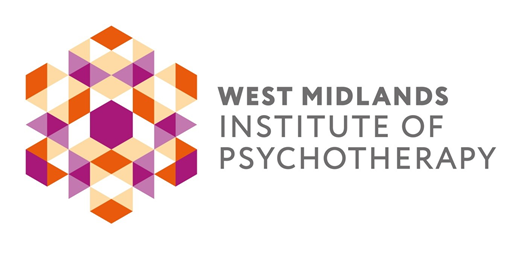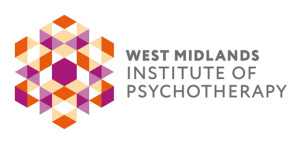Jungian Psychology
Jungian psychology, also known as analytical psychology, is a school of thought developed by Swiss psychiatrist Carl Gustav Jung. It explores the depths of the human psyche, emphasizing the interconnectedness of the conscious and unconscious aspects of the mind. Key concepts in Jungian psychology include:
1. Collective Unconscious: Jung proposed the existence of a collective unconscious shared by all human beings, containing archetypes, universal symbols, and primordial images that influence behavior and experience.
2. Archetypes: Archetypes are universal symbols or patterns inherent in the collective unconscious, such as the mother, the hero, or the shadow. They shape human experiences, beliefs, and behaviors.
3. Individuation: Jungian psychology emphasizes the process of individuation, which involves integrating the conscious and unconscious aspects of the psyche to achieve wholeness and self-realization.
4. Persona and Shadow: The persona represents the social mask or facade we present to the world, while the shadow contains repressed or denied aspects of the self. Integrating the shadow is an essential aspect of individuation.
5. Dream Analysis: Dreams are seen as a window into the unconscious mind, containing symbolic messages and insights that can aid in self-discovery and psychological growth.
Jungian therapy aims to facilitate individuation and promote psychological healing by exploring and integrating unconscious material through techniques such as dream analysis, active imagination, and symbolic interpretation. It offers a holistic approach to understanding the human psyche, emphasizing spirituality, creativity, and the quest for meaning.

